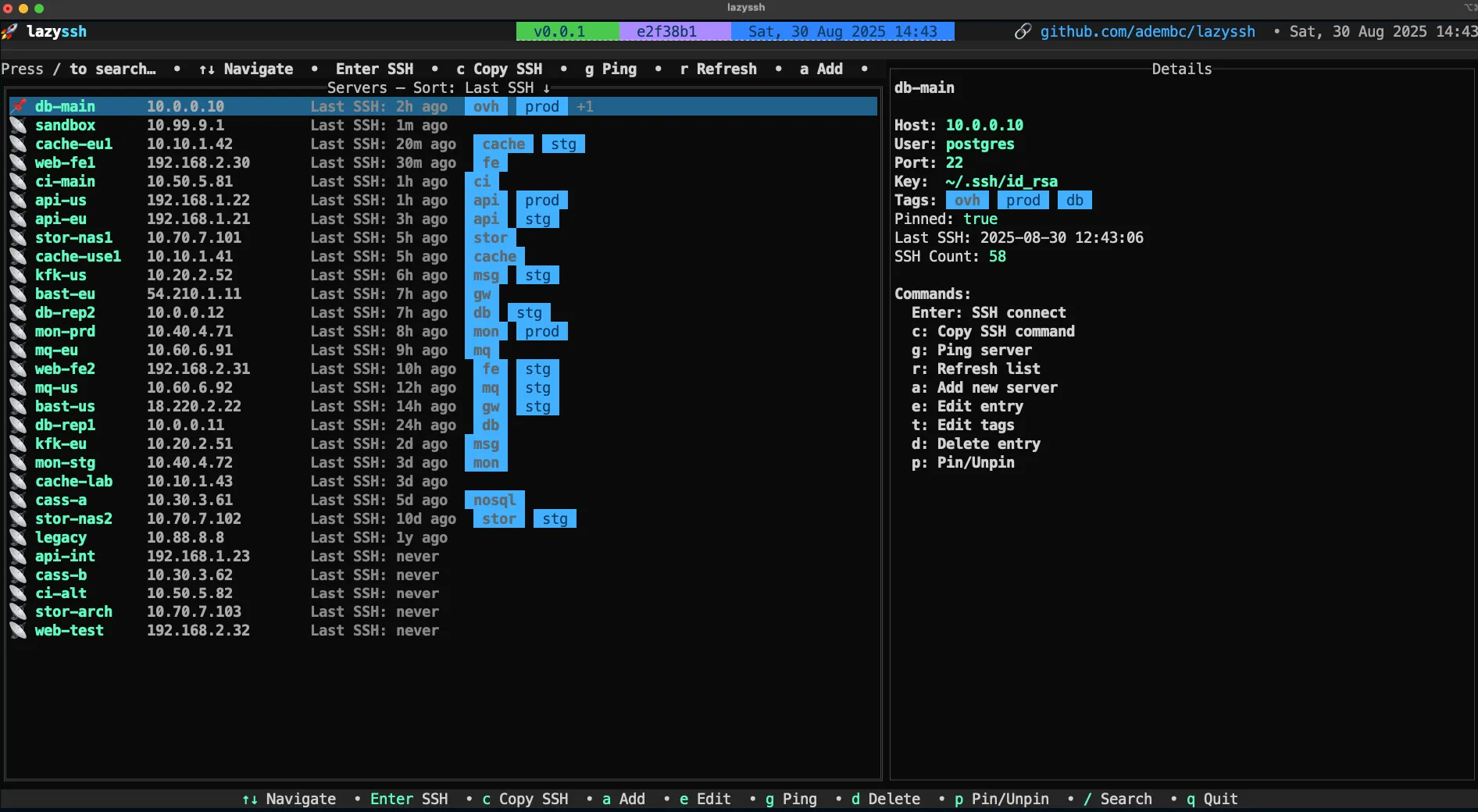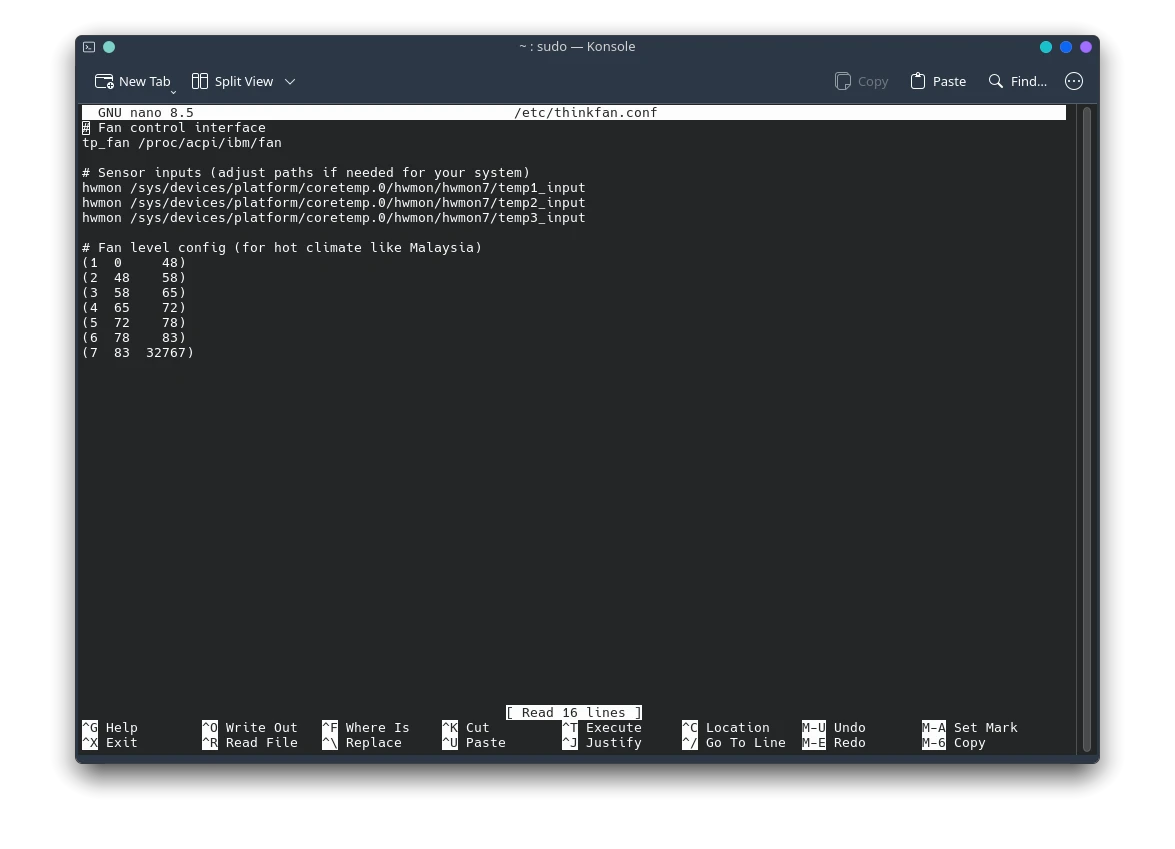Why Ubuntu Linux Reigns Supreme in the Cloud: Unveiling Its Unrivaled Advantages and Top Usages
In the realm of cloud computing, where efficiency, reliability, and scalability are paramount, Ubuntu Linux stands tall as the ultimate choice for businesses and developers alike. With its robust architecture, extensive compatibility, and proven track record, Ubuntu has solidified its position as the preferred operating system for cloud deployments across the globe. Let’s delve into why Ubuntu Linux is the undisputed champion in the cloud ecosystem.
Unmatched Advantages of Ubuntu Linux:
- Open Source Foundation: Ubuntu Linux is built on the foundation of open source principles, fostering a vibrant community of developers who contribute to its constant evolution. This open nature ensures rapid bug fixes, security patches, and feature enhancements, crucial for maintaining a secure and efficient cloud infrastructure.
- Stability and Reliability: Ubuntu’s Long-Term Support (LTS) releases guarantee stability and reliability, providing enterprises with a solid foundation for their mission-critical workloads. With regular updates and support extending over five years, LTS versions ensure consistent performance and security updates, essential for cloud environments.
- Ease of Management: Ubuntu’s intuitive interface and robust package management system, including APT (Advanced Package Tool), streamline system administration tasks, making it effortless to deploy, configure, and maintain cloud instances. This ease of management significantly reduces operational overheads, empowering businesses to focus on innovation and growth.
- Optimized Performance: Ubuntu Linux is renowned for its optimized performance, offering efficient resource utilization and lightning-fast boot times. Its lightweight design ensures minimal overhead, maximizing the available resources for running applications and services in the cloud environment.
- Security: Security is paramount in the cloud, and Ubuntu’s proactive approach to security ensures that cloud deployments remain protected against emerging threats. With features like AppArmor, Secure Boot, and integrated firewall tools, Ubuntu provides robust defense mechanisms to safeguard sensitive data and infrastructure assets.
- Scalability: Ubuntu’s scalability is unmatched, enabling seamless expansion of cloud infrastructure to meet evolving business demands. Whether deploying a single instance or managing a vast cluster of servers, Ubuntu offers unparalleled scalability, allowing organizations to scale resources on-demand without compromising performance or stability.
Compatibility and Ecosystem:
Ubuntu Linux boasts extensive compatibility with a wide range of cloud platforms, including Amazon Web Services (AWS), Microsoft Azure, Google Cloud Platform (GCP), and OpenStack. Its comprehensive support for cloud-native technologies such as Docker, Kubernetes, and OpenStack accelerates the deployment of containerized applications and orchestrates complex cloud environments with ease.
Moreover, Ubuntu’s rich ecosystem of software packages and development tools, coupled with its strong community support, provides developers with the flexibility and freedom to innovate rapidly in the cloud. Whether building web applications, AI models, or IoT solutions, Ubuntu offers the perfect platform for unleashing creativity and driving digital transformation initiatives.
Proof of Top Usages:
The dominance of Ubuntu Linux in the cloud landscape is evidenced by its widespread adoption across diverse industries and use cases. Some notable examples include:
- Netflix: The streaming giant relies on Ubuntu Linux to power its expansive cloud infrastructure, ensuring seamless delivery of high-quality video content to millions of subscribers worldwide.
- Snapchat: The popular multimedia messaging app leverages Ubuntu Linux to support its real-time messaging platform, handling millions of concurrent users and delivering rich multimedia experiences across various devices.
- Dropbox: The cloud storage service utilizes Ubuntu Linux to drive its scalable storage infrastructure, enabling users to securely store and synchronize their files across multiple devices.
- NASA: The space agency employs Ubuntu Linux in its cloud-based data analysis and simulation applications, facilitating groundbreaking scientific research and space exploration missions.
- Tesla: The electric vehicle manufacturer relies on Ubuntu Linux to power its autonomous driving systems and vehicle telemetry data analysis, enhancing safety and performance in next-generation vehicles.
Conclusion:
In conclusion, Ubuntu Linux emerges as the ultimate choice for cloud deployments, offering unmatched advantages in terms of stability, reliability, performance, security, and scalability. Its extensive compatibility with cloud platforms and rich ecosystem of development tools further solidify its position as the preferred operating system for businesses seeking to harness the power of the cloud. With a proven track record and a thriving community of supporters, Ubuntu Linux continues to drive innovation and empower organizations to achieve their digital transformation goals in the dynamic world of cloud computing.






Post Comment